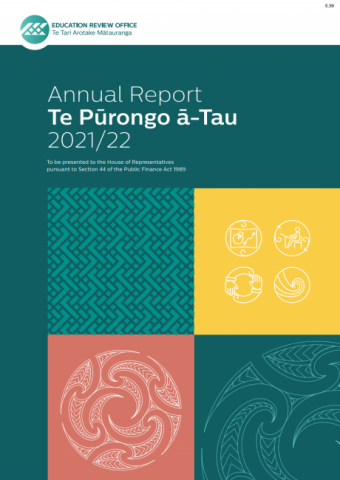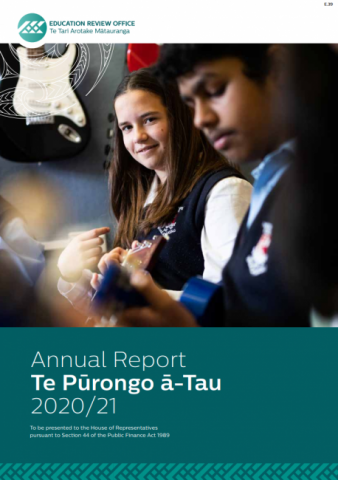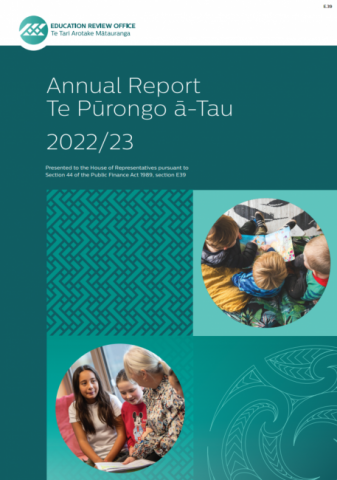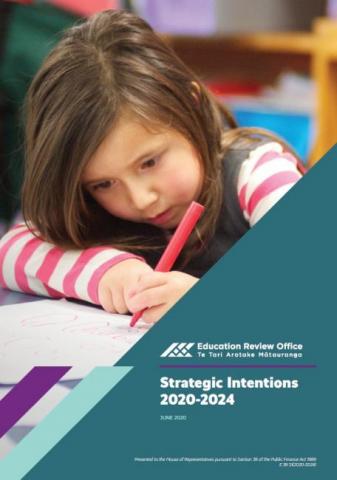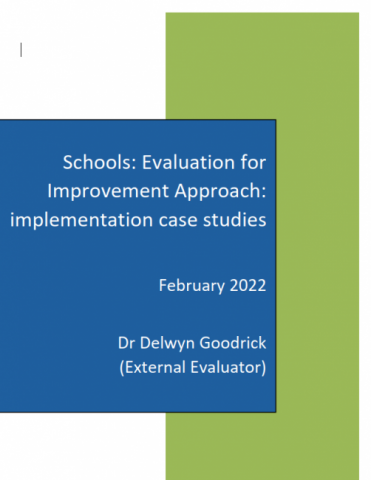Pacific Strategy 2019-2022
Published: 21 Mar 2019
Our Pacific strategy outlines our role in supporting the improvement of educational outcomes for Pacific learners in Aotearoa. This strategy also describes how we can support the strengthening of our Pacific regional neighbours’ education systems.
- Audience:
- Academics
- Early learning
- Education
- Māori-medium
- Parents
- Schools
- Content type:
- Basic page
- Topics:
- Pacific
- Pacific Strategy
- Strategy
